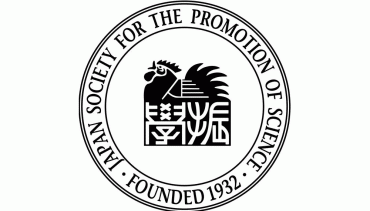Japan Society for the Promotion of Science (JSPS)

The Japan Society for the Promotion of Science (JSPS), or Gakushin for short, is an independent administrative institution, established by way of a national law for the purpose of contributing to the advancement of science in all fields of the natural and social sciences and the humanities.
JSPS plays a pivotal role in the administration of a wide spectrum of Japan's scientific and academic programs.
While working within the broad framework of government policies established to promote scientific advancement, JSPS carries out its programs in a manner flexible to the needs of the participating scientists.
JSPS was founded in 1932 as a non-profit foundation through an endowment granted by Emperor Showa. JSPS became a quasi-governmental organization in 1967 under the auspices of the Ministry of Education, Science, Sports and Culture (Monbusho), and since 2001 under the Ministry of Education, Culture, Sports, Science and Technology (Monbukagakusho). Over this 70-year period, JSPS has worked continuously to develop and implement a far-reaching array of domestic and international scientific programs. On October 1, 2003, JSPS entered a new phase with its conversion to an independent administrative institution, as which it will strive to optimize the effectiveness and efficiency of its management so as to improve the quality of the services it offers to individual researchers, universities, and research institutes.
JSPS's operation is supported in large part by annual subsidies from the Japanese Government. Its main functions are:
- To foster young researchers,
- To promote international scientific cooperation,
- To award Grants-in-Aid for Scientific Research,
- To support scientific cooperation between the academic community and industry, and
- To collect and distribute information on scientific research activities.